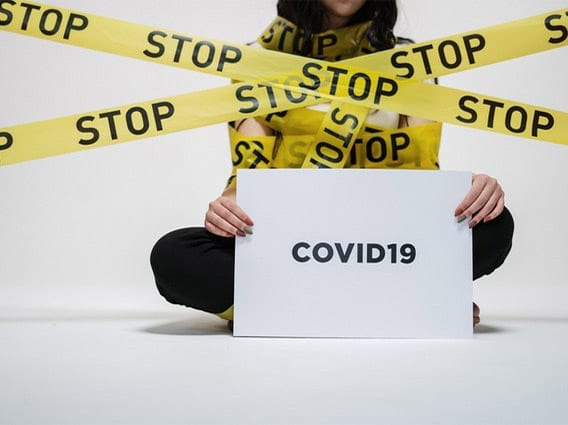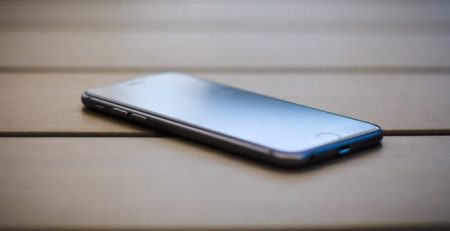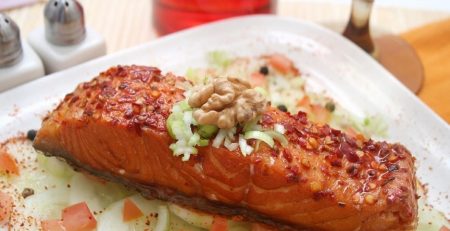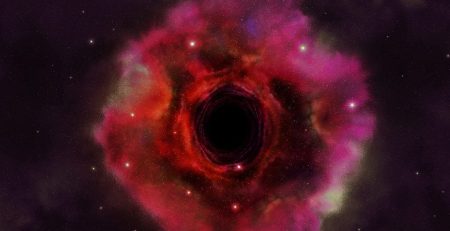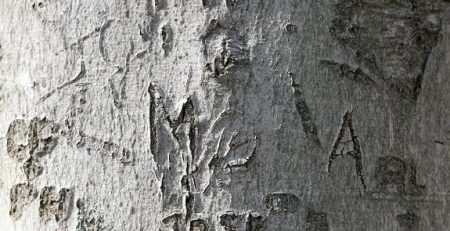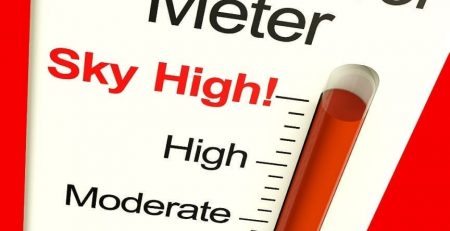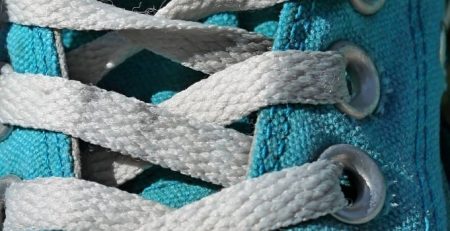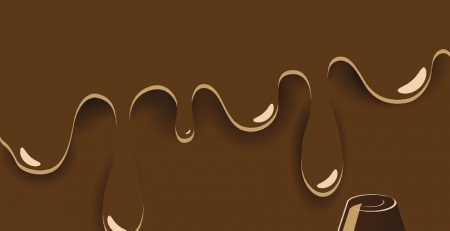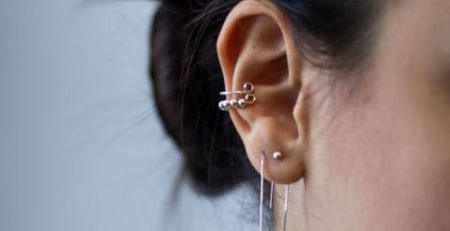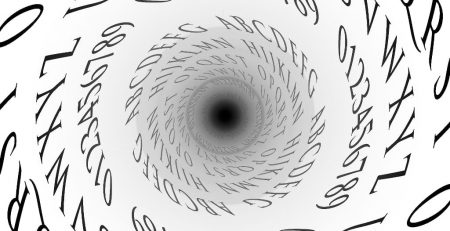More Evidence Suggests Hydroxychloroquine Doesn’t Prevent COVID-19
A double-blind placebo study published in the New England Journal of Medicine reports that the anti-malarial drug hydroxychloroquine didn’t prevent disease in people with known exposure to coronavirus any better than a placebo did according to Popular Science.
Researchers recruited 821 individuals who had been exposed to a person with confirmed COVID-19 for more than 10 minutes and at less than six feet away while wearing no protective equipment or only a face mask. Half of the group took a high dose of hydroxychloroquine within four days of exposure, the other half were given the placebo. They then checked in with the participants after 2 weeks to see which patients ended up getting sick.
They found that a total of 107 people, 13% of all of the participants in the study, contracted COVID-19. Twelve percent of hydroxychloroquine recipients got sick, compared to 14% of placebo recipients. Hydroxychloroquine recipients also reported side effects at a significantly higher percentage than placebo recipients (40% vs. 16.8%), with about 23% of hydroxychloroquine recipients reporting nausea and diarrhea each, with only 7.7% and 4.3% of people in the placebo group reporting those symptoms respectively.
The study authors note that hydroxychloroquine might be more effective for higher-risk individuals, but at the same time this group may also be more at risk for experiencing side effects.




